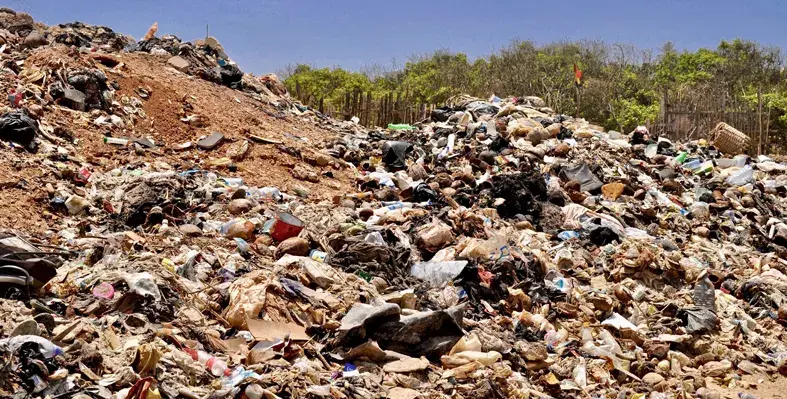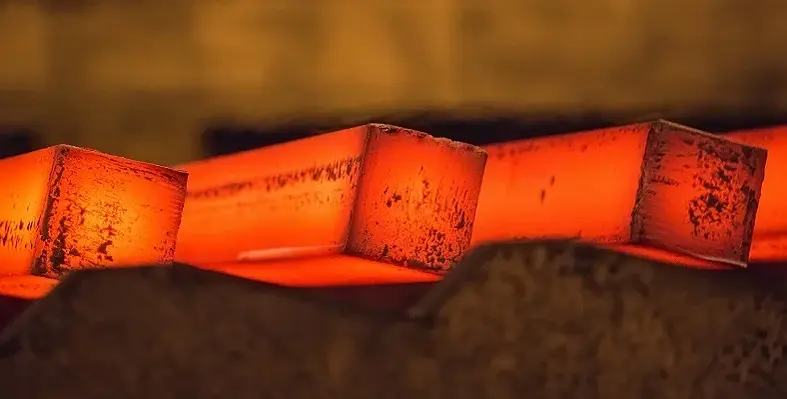
Oriel Soupen, channel marketing manager at Schneider Electric South Africa. (Image source: Schneider Electric)
Schneider Electric, a global leader in energy management and automation, has expanded its Alliance Partner Programme for Industrial Automation Distributors (IAD) to South Africa
This initiative aims to strengthen the company’s channel network, increasing accessibility to its industrial automation products, solutions, and services across the region.
By leveraging Schneider Electric’s extensive distribution network, the programme enhances product availability and market coverage while creating growth opportunities through advanced specialisations and skill development. Distributors benefit from comprehensive training, equipping them with the expertise needed to improve customer service and adapt to market demands.
According to Oriel Soupen, channel marketing manager at Schneider Electric South Africa, “The programme is a strategic initiative to enhance our distribution network and better meet the diverse needs of our industrial automation customers. By continuously improving the programme, we consider our Alliance Distributors as an integral part of the Schneider Electric strategy. These distributors maintain a customer-centric approach, boosting customer confidence by enhancing their solution capabilities within the automation space.”
A shared path to growth
Through the programme, Alliance Distributors gain access to a wider selection of industrial automation products and solutions, driving market demand and increasing sales potential.
Key areas of focus include:
- Enhancing expertise: Specialised training in two primary areas—EcoStruxure Machine and EcoStruxure Plant—alongside advanced specialisations in software, services, drives, sustainability, motion, and robotics.
- Certification process: Ensuring distributors receive training and align with Schneider Electric’s strategic goals.
- Expanding the partner network: Strengthening collaboration with system integrators and other partners to support project lifecycles.
Schneider Electric aims to empower its Alliance Distributors with a deep understanding of automation technologies and solutions. The objective is not only to sell individual products but also to provide comprehensive solutions that integrate seamlessly across systems.
Chris Neethling, channel sales manager at Schneider Electric, stated, “We want our Alliance Distributors to have the technical competency and capability to sell the full solution, not just individual products. They should be able to advise customers on complementary components and how different parts of the system work together. By empowering our partners, we can expand our reach and capabilities to support a broader partner ecosystem.”
The Alliance Partner Programme is structured into different tiers, each with specific requirements that distributors must meet to access additional benefits and support from Schneider Electric.
Also read: Schneider, Mitsumi boost East Africa’s power resilience















